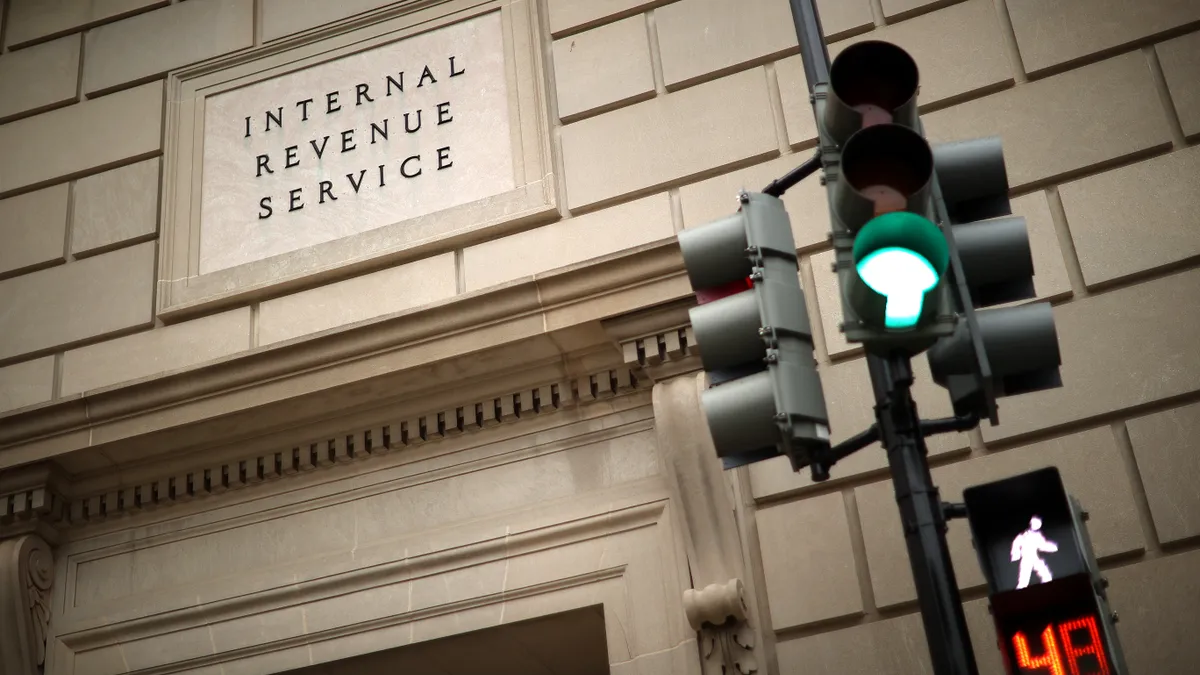The Internal Revenue Service has issued a new warning this week urging employers to proceed with caution before pursuing Employee Retention Credit tax claims.
That is likely to add to the hesitancy that some experts say CFOs already have when it comes to reviewing whether their firm is legitimately eligible to be refunded up to $26,000 in payroll taxes for each employee that remained on the company’s payroll in the early days of the pandemic shutdowns.
“I have a lot of CFOs who start out with, ‘I really don’t believe we qualify,’” said Howard Makler, founder of Miami-based Innovation Refunds, which helps employers determine whether they are eligible as well as to apply for the COVID-19-related tax refunds. He advises them to be cautious but to not self-disqualify before they’ve discussed it with professionals.
The IRS previously warned employers to be cautious about ERC last fall, stressing that business tax filers should guard against third parties who promote what it called ERC “schemes,” charging upfront fees while misleading tax-payers into thinking they will qualify.
Now the IRS said it is again seeing improper claims being made in this year’s tax filings, as well as tax professionals being pressured to file improper claims. And while it is a legitimate credit that was part of the 2020 Coronavirus Aid, Relief and Economic Security Act, the IRS said it is on the lookout for false claims.
“The IRS is actively auditing and conducting criminal investigations related to these false claims. People need to think twice before claiming this." according to an IRS press release Tuesday.
The ERC is a refundable tax credit for certain businesses who paid employees while shut down or impacted by the COVID-19 pandemic from March 13 2020 to Dec. 31, 2021, according to the IRS.
The threat of a potential audit adds another complication to an already complex process that companies are navigating as they vet the opportunity. One of the potential missteps is that some promoters fail to let tax filers know that wage deductions claimed on federal income tax returns must be reduced by the amount of the credit, according to the IRS.
But Makler said employers should not let the IRS warnings deter legitimate claims. Innovation Refunds, which helps employers determine whether they are eligible for the refunds without upfront fees, said his firm is still advising employers to consider filing ERC claims.
“With the right ethical, skilled, responsible and trusted partners this [ERC ] program is a fantastic benefit for small businesses,” Makler wrote in an emailed response to questions from CFO Dive. “It is sad when a bad actor can tarnish an industry with a positive vision for helping small businesses.”
He said Innovation’s business model is unique in that it charges potential clients nothing upfront, instead paying for Ernst & Young or other firms to analyze the business and determine if it qualifies. If they don’t, Innovation pays the bill and if they are eligible the company pays more to have the claim completed, ultimately sharing a percentage of the refund once the business receives it.
“Every day I speak to business owners like the auto body shop owner in Dallas,Texas, who told me that this money is a lifeline for him. For his business what it means is he’s going to be able to build another bay in his service lot so he’ll be able to expand the number of cars he can handle,” Makler said. “The capital is a real blessing.”












